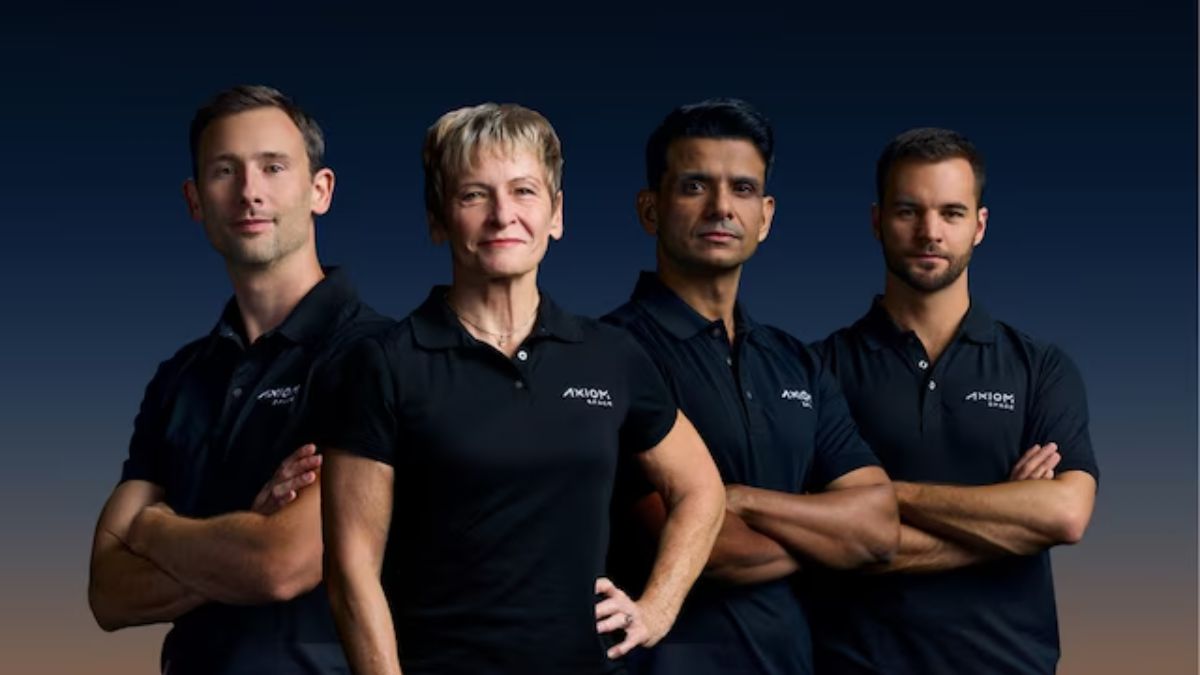The Axiom-4 space mission is likely to launch on Wednesday, after it was delayed multiple times earlier this month owing to weather conditions and technical snags.
The mission, led by Indian astronaut Shubhanshu Shukla, will lift off to the International Space Station at 2:31 am EDT (12:01 IST) from Launch Complex 39A at NASA’s Kennedy Space Centre in Florida on June 25.
Why was the mission delayed?
Originally, the Axiom-4 mission was to be launched on May 29.
Last week, Nasa announced that it needs more time to assess recent repair works done on the aft (rear) section of the ISS’s Zvezda service module, effectively delaying the lift off.
On June 18, the mission was postponed again as Nasa cited “evaluation of space station operations and repair works” for the delay.
The first delay was, however, caused by bad weather.
The International Space Station (ISS), a modular space laboratory assembled in orbit, is jointly operated by five space agencies: NASA (USA), Roscosmos (Russia), ESA (Europe), JAXA (Japan), and CSA (Canada). Each agency oversees the maintenance of the components it contributed.
During routine inspections last week, Russian cosmonauts discovered air leaks in the Zvezda module, a key section that supports life and serves as a primary living area.
Impact Shorts
More ShortsAlthough the leaks were promptly sealed, NASA reported that further time is needed to thoroughly evaluate the station’s overall integrity before the arrival of the next crewed mission.
About the mission
The Ax-4 crew includes astronauts from India, Poland, and Hungary — each representing their country’s first mission to the space station. According to Axiom Space, it also marks the second government-sponsored human spaceflight mission in over 40 years.
Shukla will be the second Indian astronaut to fly to space since 1984 after Rakesh Sharma. He is part of Axiom Space’s fourth private space mission, marking a significant moment for India’s space exploration in collaboration with Nasa.
Shukla will conduct seven experiments in space that are aimed at encouraging microgravity research in India, which hopes to build its space station by 2035 and send astronauts to the moon by 2047.
The Ax-4 crew will spend 14 days orbiting the laboratory.
Refresh for updates
)